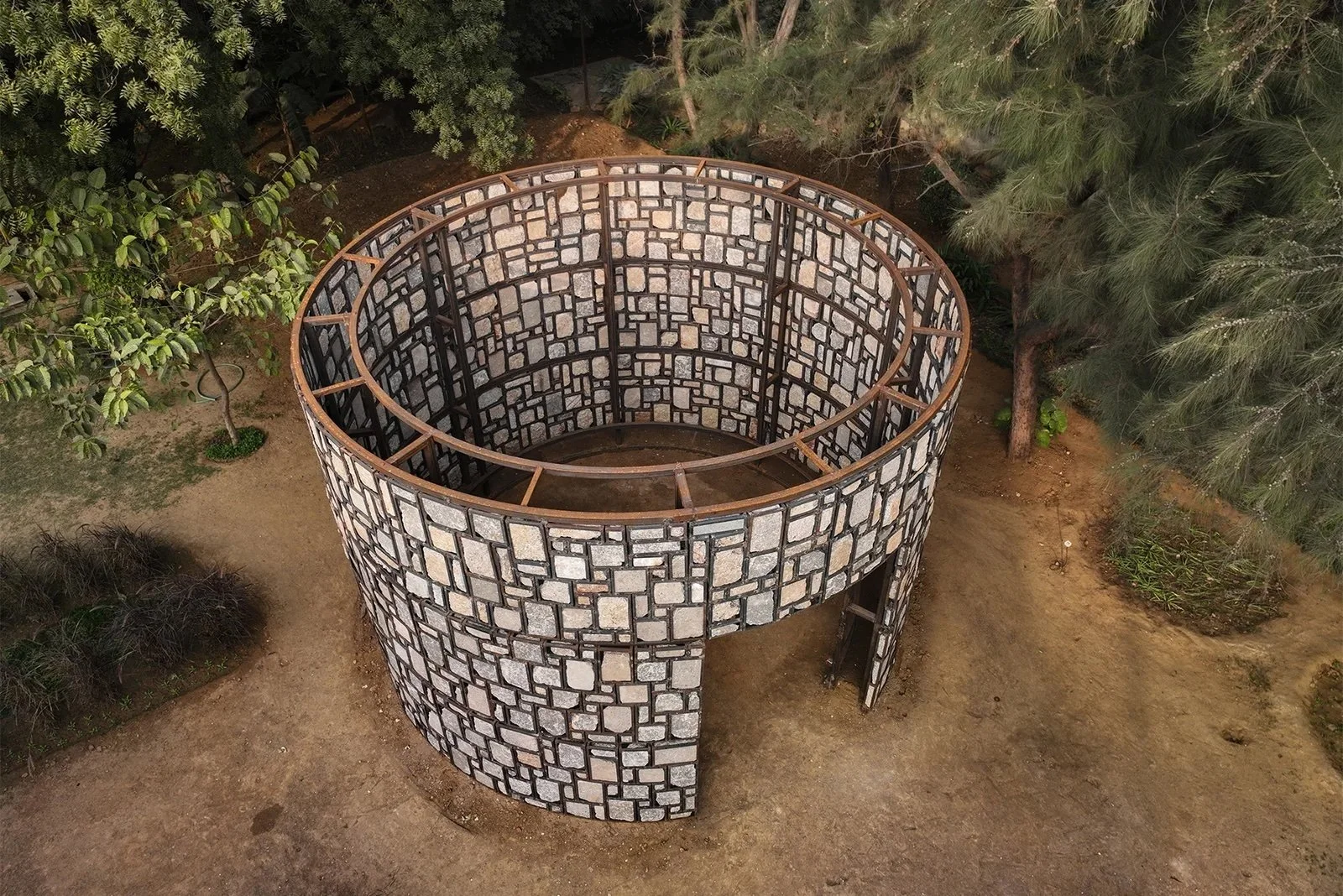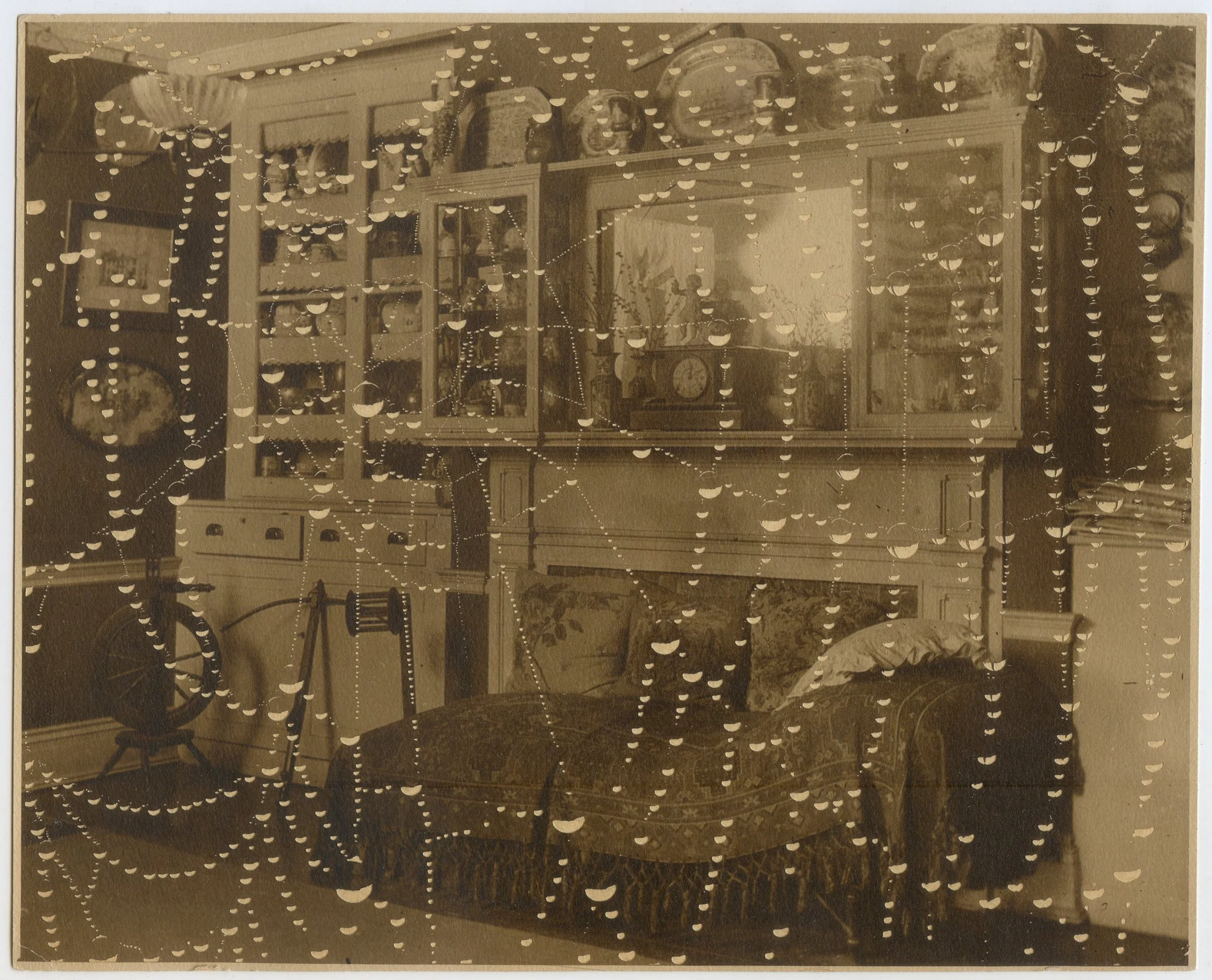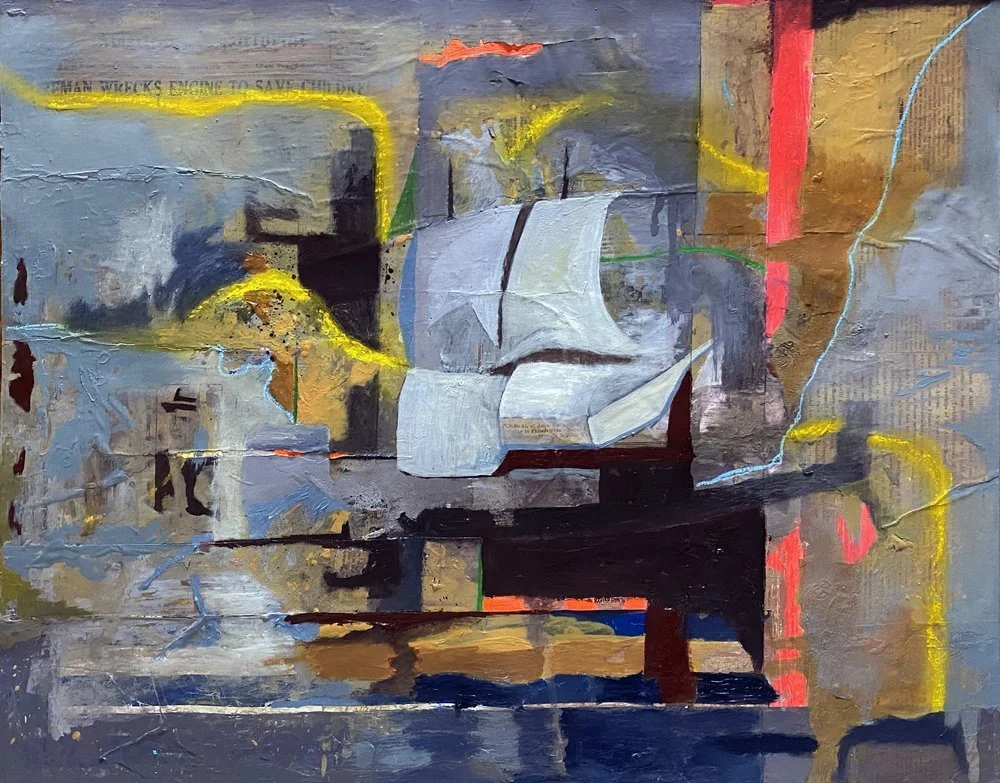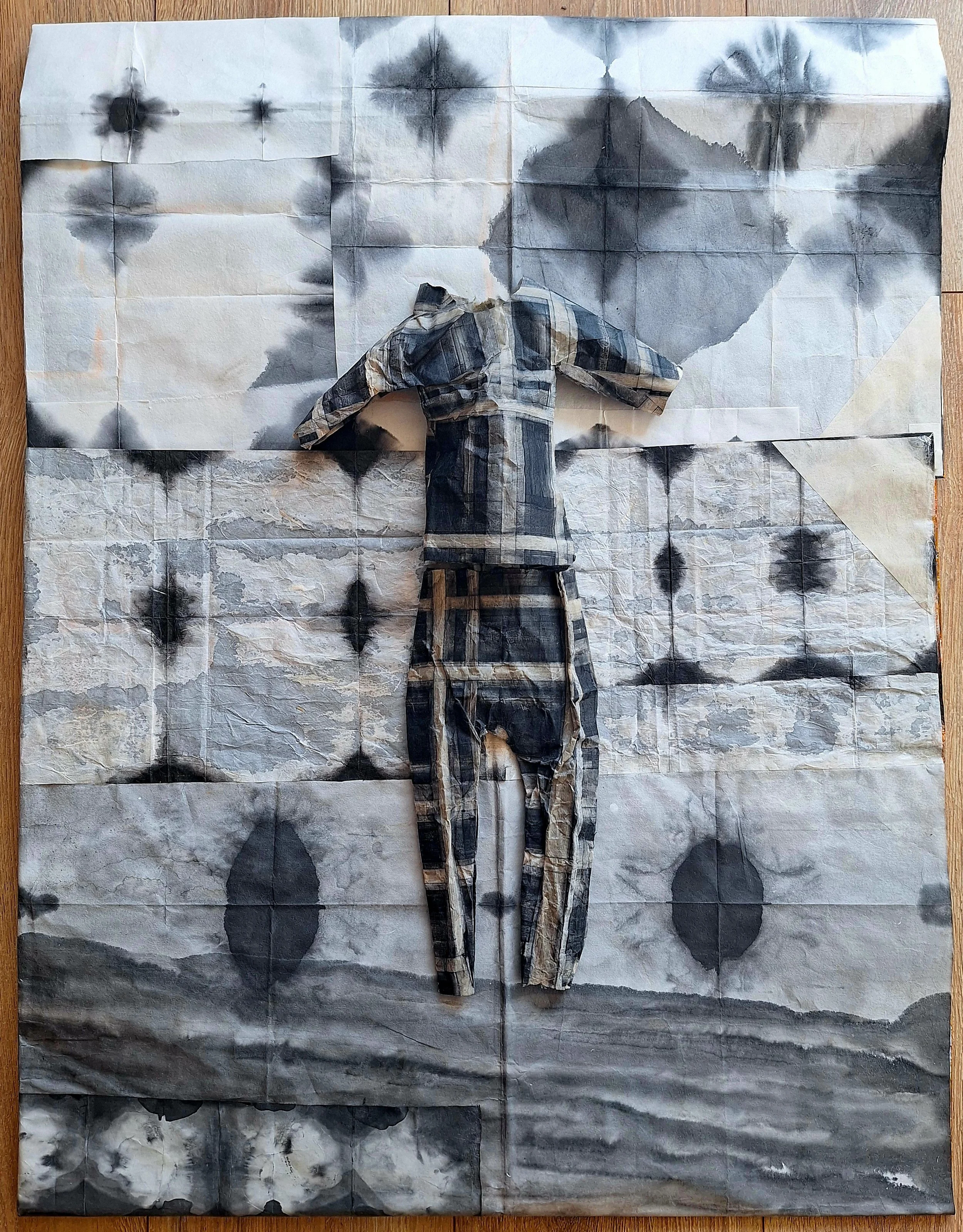Two Poems by Sukanta Bhattacharya
Translated by Rahad Abir
Translator’s Note:
Sukanta Bhattacharya (সুকান্ত ভট্টাচার্য) was born in Kolkata, British India, on August 15, 1926. Bhattacharya was a revolutionary poet from his teenage years, and his writings reflected a deep sense of patriotism and longing for freedom. With their simple yet striking words, his poems spoke of the struggles of the common people, the oppression of the working class, and the need for freedom from colonialism. On May 13, 1947, the young rebel poet died of tuberculosis just months before his 21st birthday. His birthday, August 15, also commemorates the day India gained independence from British rule (August 15, 1947). As he was one of the most influential Bengali poets of the 20th century, his work continues to be widely read and admired. He is often called the "People's Poet." There are many lines in his popular poems that have become everyday phrases in the Bengali language.
দুর্মর
হিমালয় থেকে সুন্দরবন, হঠাৎ বাংলা দেশ
কেঁপে কেঁপে ওঠে পদ্মার উচ্ছ্বাসে,
সে কোলাহলের রুদ্ধস্বরের আমি পাই উদ্দেশ ।
জলে ও মাটিতে ভাঙনের বেগ আসে ।
হঠাৎ নিরীহ মাটিতে কখন
জন্ম নিয়েছে সচেতনতার ধান,
গত আকালের মৃত্যুকে মুছে
আবার এসেছে বাংলা দেশের প্রাণ ।
“হয় ধন নয় প্রাণ” এ শব্দে
সারা দেশ দিশাহারা,
একবার মরে ভুলে গেছে আজ
মৃত্যুর ভয় তারা ।
সাবাস, বাংলা দেশ, এ পৃথিবী
অবাক তাকিয়ে রয়:
জ্বলে পুড়ে-মরে ছারখার
তবু মাথা নোয়াবার নয় ।
এবার লোকের ঘরে ঘরে যাবে
সোনালি নয়কো, রক্তে রঙিন ধান,
দেখবে সকলে সেখানে জ্বলছে
দাউ দাউ করে বাংলা দেশের প্রাণ ।
Diehard
From the Himalayas to the Sundarban, suddenly Bangla-desh*
Trembles with the thrill of the Padma waves
I find meaning in the chorus of crashing breakers
The ravaging force that flows through land and water
The paddy grains of consciousness have sprouted
Unceremoniously on this innocuous land
Recovering from the deaths of the past famine
Life has come back to Bangla-desh
“Rice or life” is the cry of the nation,
Desperate and distraught
Having died once, they’ve
Forgotten the fear of death
Bravo Bangla-desh! The world
Wonders about you:
Burned, blazed, charred to death
Yet you never bow your head
Now each house will have a harvest
Not golden but blood-soaked paddy rice
All eyes will be on the high flames
Burning the diehard soul of Bangla-desh
Note
“Famine or no famine, Indians will always breed like rabbits.” Winston Churchill made this infamous remark about Indians who were dying from a man-made famine during World War II. The 1943 Bengal famine, created by British colonial policies, killed some three million people. With this poem, the poet celebrates the Bengali people’s resilience and courage in the face of famine and pain.
* Bangla-desh refers to the entire Bengal region in British India.
ছাড়পত্র
যে শিশু ভূমিষ্ঠ হল আজ রাত্রে
তার মুখে খবর পেলুমঃ
সে পেয়েছে ছাড়পত্র এক,
নতুন বিশ্বের দ্বারে তাই ব্যক্ত করে অধিকার
জন্মমাত্র সুতীব্র চিৎকারে ।
খর্বদেহ নিঃসহায়,
তবু তার মুষ্টিবদ্ধ হাত উত্তোলিত,
উদ্ভাসিত কী এক দুর্বোধ্য প্রতিজ্ঞায় ।
সে ভাষা বোঝে না কেউ,
কেউ হাসে, কেউ করে মৃদু তিরস্কার ।
আমি কিন্তু মনে মনে বুঝেছি সে ভাষা ।
পেয়েছি নতুন চিঠি আসন্ন যুগের
পরিচয়-পত্র পড়ি ভূমিষ্ঠ শিশুর
অস্পষ্ট কুয়াশাভরা চোখে ।
এসেছে নতুন শিশু, তাকে ছেড়ে দিতে হবে স্থান;
জীর্ণ পৃথিবীতে ব্যর্থ, মৃত আর ধ্বংসস্তূপ-পিঠে
চলে যেতে হবে আমাদের ।
চলে যাব- তবু আজ যতক্ষণ দেহে আছে প্রাণ
প্রাণপণে পৃথিবীর সরাব জঞ্জাল,
এ বিশ্বকে এ শিশুর বাসযোগ্য করে যাব আমি
নবজাতকের কাছে এ আমার দৃঢ় অঙ্গীকার ।
অবশেষে সব কাজ সেরে
আমার দেহের রক্তে নতুন শিশুকে
করে যাব আশীর্বাদ,
তারপর হব ইতিহাস
The Entry Pass
The baby born today tells me
She’s received an entry pass
Her rights to the new world
Are proclaimed with piercing cries
A teeny body, helpless, yet her fist
Raised, radiant in an enigmatic promise.
No one knows that language.
Some laugh, some mildly chide.
My heart understands her message, though
Along with the letter of a new age,
I read the child’s credentials
In her foggy, unfathomable eyes
A child has arrived; it’s time to give her a place
We must leave, carrying
The failed, the dead, the decaying remnants of a decrepit world.
I'll depart—but till the time I breathe
I'll do everything to clean this earth of all debris
I'll make this world livable for this child—
This is my solemn pledge to the newborn.
Lastly, after completing all tasks
By the blood of my body
I will bless the new child
Then I will become history
Rahad Abir is the author of the novel Bengal Hound (Gaudy Boy, October 2023). His work has appeared in Prairie Schooner, Witness, The Los Angeles Review, Himal Southasian, Courrier International, The Wire, and elsewhere. He has an MFA in fiction from Boston University. He is the recipient of the Charles Pick Fellowship at the University of East Anglia and the Marguerite McGlinn Prize for Fiction. His work has been translated into French and Hindi. Currently he is working on a short-story collection, which was a finalist for the 2021 Miami Book Fair Emerging Writer Fellowship.
If you’ve enjoyed reading this article, please consider making a donation. Your donation goes towards paying our contributors and a modest stipend to our editors. Singapore Unbound is powered by volunteers, and we depend on individual supporters. To maintain our independence, we do not seek or accept direct funding from any government.









‘But later… we didn’t talk about love. We talk about the land and its people.’ – a short story by Kaushik Ranjan Bora, translated from the Assamese by Aruni Kashyap.